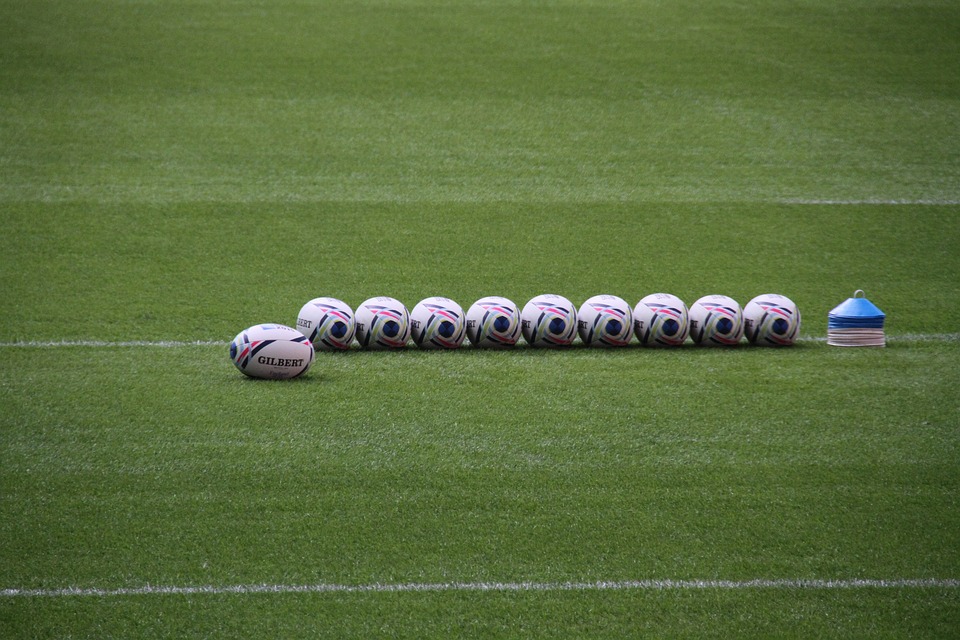THOSE suffering from deafness can experience the same mental health issues as the hearing population, yet have higher rates of symptom commonalities, according to Manchester’s John Denmark Unit (JDU).
Mike Andrews, 20, suffers from sensorineural hearing loss following a head injury he obtained while playing rugby for the school team three years ago. He can barely remember the accident, yet he will never forget the consequences of it: both physical and mental.
Once young and carefree, Mike now has to take care going about his everyday life, and wear hearing aids in both ears to mimic his natural hearing for the foreseeable future.
“The ringing in my ear was the first thing I noticed – tinnitus they call it – I can still hear it now.
“It’s like a warning bell, constantly keeping me on edge.”
The aspiring professional rugby player had his dreams halted, and dropped out of school with immediate effect.
“I had to stop doing what I loved. What was the point now that I couldn’t hear the coach, the crowd, or the whistle been blown? I couldn’t even listen to my teachers lessons, or talk to my friends at school.
“I just stayed home. Three years later, I still just stay home.
“Deafness has stopped me doing all the things other people my age would be doing: settling down, getting a job – it’s not viable, and I do not want anything out of pity.”
Those with hearing loss are prone to facing communication barriers, which can consequently lead to a lack of confidence, exclusion from society, isolation, unemployment, and depression.
It is estimated that up to 40 per cent of deaf and hard of hearing people experience a mental health problem at some point in their lives – well over 3 million people – yet most seeking access to have to overcome considerable barriers to access services that meet their needs (NIMHE/DH, 2005).
“It really gets you down, little things like crossing the road, or ordering a drink in a crowded bar, become such difficult tasks.
“I’d definitely say I feel isolated from other people.
“I avoid going out when I can, most of the time I try not to make eye contact, and I wear headphones too so it’s like I have an excuse not to be able to hear them.”
According to the Action on Hearing Loss charity, there are more than 11 million people in the UK with some form of hearing loss, yet only around two million seek professional advice. In other words, one in six suffer from hearing related problems. By 2035, this probability is expected to rise, with one in five being affected.
Data obtained from the Action For Hearing Loss fact-sheet: April 2016
“The most frustrating part is when you ask someone to repeat what they said and they say, ‘oh, never-mind,’ or, worse yet, ‘can you hear me now?’ Of course not, I’m deaf.
“With the hearing aids things sound louder, not clearer, but people don’t get that.
“I feel people need to become deaf aware – just knowing how to act around people like me and to talk face on so I can try lip read would be a massive improvement, even for them to just take their time with me and say something a bit differently if I didn’t get it the first time around.”
Deaf Awareness Week addresses those issues head on. It is a national incentive with twin aims to promote social inclusion and positive aspects of deafness.
This year’s focus theme was ‘Common Purpose’, whereby the goals, ambitions, and aspirations of the NHS, charities and other organisations were put into the spotlight.
The Manchester John Denmark Unit (JDU) was one of the organisations praised for its work. It is one of three specialist units in the UK, which focuses particularly on the mental health of those experiencing deafness.
The unit is funded as part of the NHS, and provides an 18 bed inpatient service an invaluable service to patients, to help improve self-esteem and encourage those with impaired hearing to have a positive self image.
Helen Cookson, of the Greater Manchester West Mental Health NHS Foundation Trust, said: “For Deaf Awareness Week we created a display for the Trust headquarters, and the medium secure service to educate passers-by.
Come down and see our stand @ the Curve for #DeafAwarenessWeek. Take the quiz to test your deaf awareness! #JDU pic.twitter.com/cB5a26OfhV
— Greater Manchester Mental Health (@GMMH_NHS) May 4, 2016
“Part of the display showed the equipment available to assist people with a hearing loss. There were finger spelling sheets, as well as advertising for the deaf awareness and British sign language courses run by the Greater Manchester West trust.
“We also included a quiz regarding deafness with a prize to be won.”
A timeline to show the history of the John Denmark Unit and its focus on deafness:
Deaf Awareness Week is running from Monday, May 2 and Sunday, May 8.
















Recent Comments